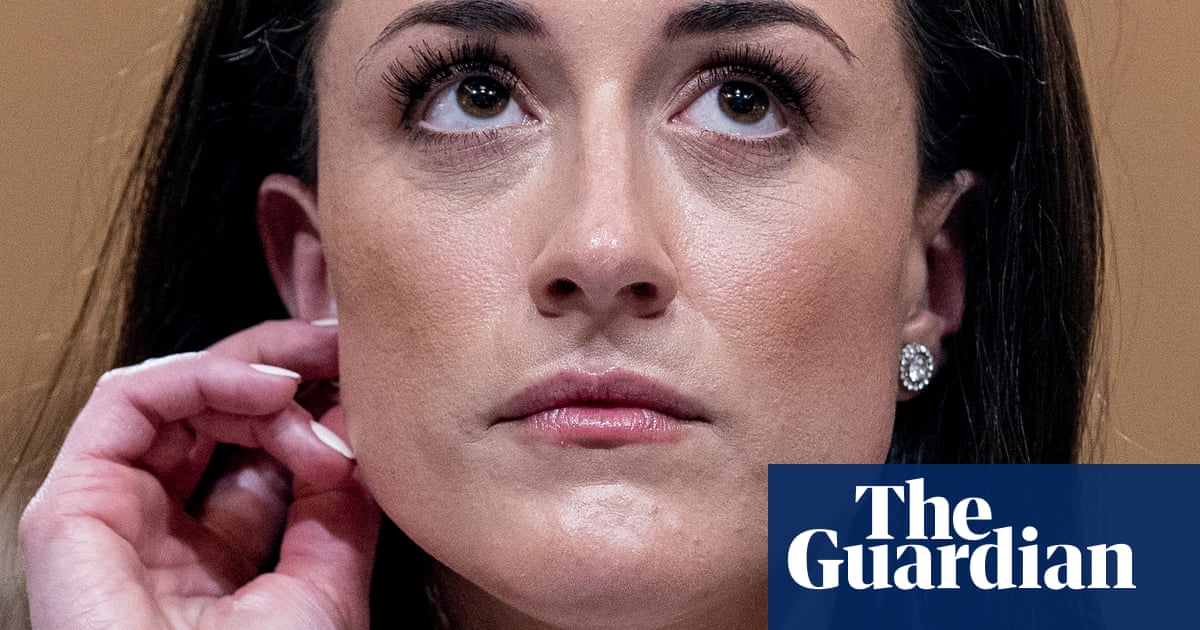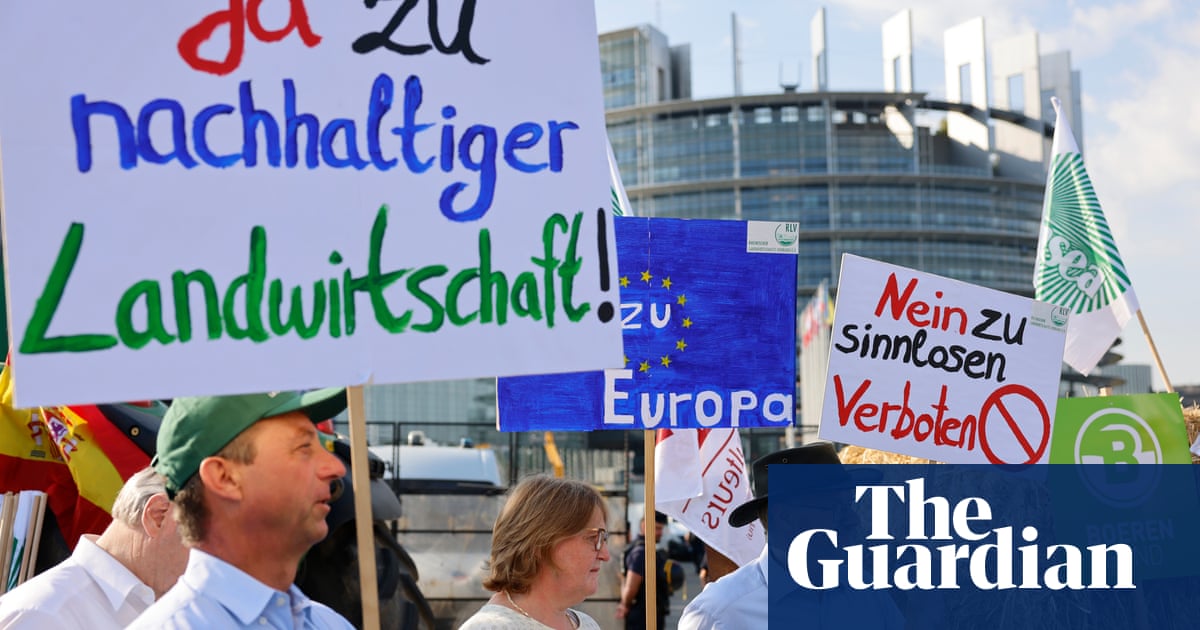
In December 2018, exactly eight years after the street vendor Mohammed Bouazizi had immolated himself and triggered the Jasmine Revolution in Tunisia, a young, unemployed photojournalist, Abderrazak Zorgui, also immolated himself in an eerie replay, signaling the deep dissatisfaction of large numbers of Tunisians with the slow pace of change in their country. Since 2011, the country has seen 10 governments, with popular disenchantment with the political order increasing by the day.
Observers point fingers at the continuing economic malaise. Unemployment is at 15 percent, but soars to 30 percent among the youth and the educated. Wages are low and inflation is high, while corruption continues to gnaw at the vitals of the state. Distinguished commentator Larbi Sadiki has described the Tunisian scenario as being defined by “multiple marginalization” — the “regional, spatial and cumulative estrangement” of the populace from justice and the amelioration of poverty and deprivation.
This multiple marginalization, Sadiki says, has three expressions: One is regional, where the south and the west of the country are excluded from economic benefits at the expense of the coastal areas; and two is developmental, in which the people are denied access to employment and the nation is denied augmentation of its productive capacity. But the most serious marginalization is the third, human — where the people at large are excluded from their share of the national wealth and are denied the ability to fulfill their aspirations and potential due to inadequate education and training.
National politics as it has evolved over the last eight years is largely to blame: The popular upsurge of 2011 got rid of the authoritarian order but failed to replace it with a responsible and responsive political system. The sharp competitions and disorder of the early years were replaced by a national consensus in 2014, under the terms of which the Islamist Ennahda and the secular Nidaa Tounes agreed to work together in a National Unity Government (NUG) that, in July 2016, was buttressed by the entry of five opposition parties and three trade unions.
Commentators acknowledge that the NUG played a vital role in national affairs at a delicate moment in the country’s transition from authoritarian rule to liberal democracy. It provided unity at a time of deep national divisions and threats from extremist elements, particularly from Tunisian radicals returning home from the fighting in Syria.
It shaped a constitution that recognized all Tunisians, regardless of gender, denomination or ethnicity, as equal citizens and bestowed upon them democratic rights and liberties. Finally, it institutionalized in the fledgling democracy a participatory political system, with parties, free elections and watchdog institutions.
But this “consensus model,” as Sarah Yerkes and Zeineb Ben Yahmed argued in their Carnegie report of March 2019, has now outlived its utility. The coalition has controlled 80 percent of the assembly, thus providing no scope for an effective opposition that would limit the excesses of those in power. This has enabled the government headed by President Beji Caid Essebsi to gradually relax restrictions on elements associated with the earlier authoritarian government and bring them into the national mainstream, while resurrecting old emergency laws to curb rights and liberties and monitor citizens’ activities.
The popular upsurge of 2011 got rid of the authoritarian order but failed to replace it with a responsible and responsive political system.
Talmiz Ahmad
Yerkes and Yahmed assert that Tunisia is now ready for the next stage in its democratic evolution. They say the forthcoming parliamentary and presidential elections in October and November respectively should be used to shed the consensus model in favor of normal politics shaped by strong parties presenting clear platforms and policies before the electorate and pursuing institutional reforms that have eluded the earlier governments.
Tunisia’s leading politicians are already gearing up for these challenges. In April this year, Essebsi, all of 92 years, announced that he might not stand for the next presidential elections, saying that the country needed a change and doors should be opened for young people. But observers are not convinced these are his last words on the subject.
The supporters of Prime Minister Youssef Chahed broke away from Nidaa Tounes in January this year (after his membership of the party had been “frozen” in September 2018) and in early June elected Chahed as the president of their new party, Tahya Tounes (Long Live Tunisia). Tahya Tounes, with 44 seats, is the second largest in Parliament after Ennahda, but is ahead of Nidaa Tounes. The ground is thus well-prepared for Chahed’s candidature for the presidency.
Another group emerging as a serious player on the electoral scene is the National Union of Independents. This consists of a group of five civil society organizations that, in the municipal elections in May last year, won a plurality of the national vote — 33 percent, as against 30 percent for Ennahda and a modest 22 percent for Nidaa Tounes. This group is proposing a progressive platform, seeking to benefit from the loss of credibility of national parties and to offer real economic change to the electorate.
The elections of late 2019 will need to provide Tunisia with a government that genuinely and effectively responds to the needs and aspirations of the voters. Otherwise, there are fears the people might opt for a return to authoritarian rule.












